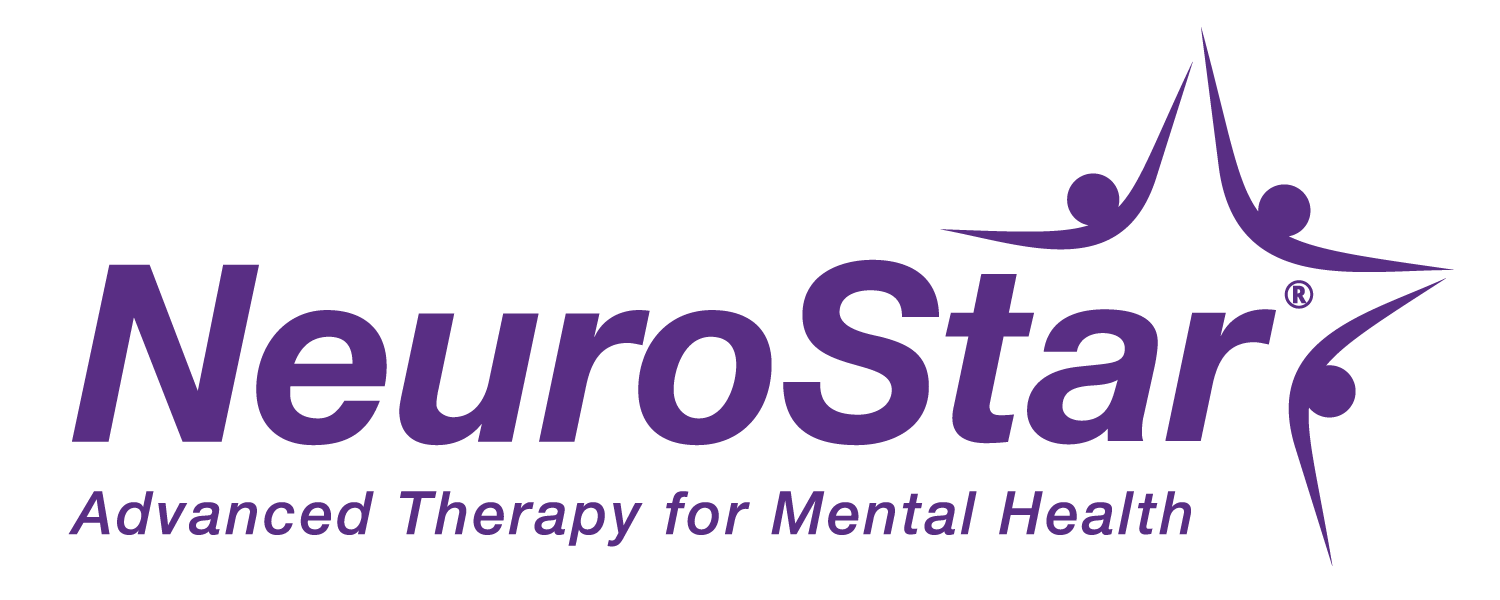Anxiety Treatment
Start Your Path to Wellness Today!
What is Anxiety?
Anxiety is a natural response your body has when stressed, increasing your breathing, and heart rate, concentrating blood flow to your brain to prepare your body for an intense situation. It is normal to feel anxiety when faced with stressful situations such as a job interview, your first day of school, awaiting medical test results, etc. Anxiety that becomes excessive or persistent can have devastating effects on your physical and mental health. While everyone may experience anxiety on occasion, chronic anxiety can interfere with your quality of life.
Symptoms that May be Caused by Anxiety
• Headaches (due to muscle tension from constant worry and stress)
• Difficulty concentrating (i.e. an inability to focus)
• Irritability (i.e. agitation caused by constant worry)
• Stomach problems (e.g. stomach pains, nausea, and/or diarrhea)
• Fatigue (i.e. loss of sleep, interrupted sleep, or feelings of being wiped-out)
• Muscle aches and pains (i.e. unexplained body soreness or pain)
• Increased blood pressure (blood pressure tends to rise whenever anxious)
• Heart palpitations (i.e. heartbeat quickening in pace and intensity, may be part of a panic attack)
• Breathing problems (i.g. rapid, shallow breathing, may be more intense during a panic attack)
• Loss of libido (i.e. decrease in your sexual desire)
• Sense of doom (i.e. feelings of ‘impending doom’, causing difficulty concentrating)
• Panic attacks (heart palpitations, chest pains, lightheadedness and, sometimes, difficulty with visual clarity or coherent speech)
• Depression (chronic anxiety can increase your risk for depression)
Anxiety Disorders
When anxiety is extreme, lasts for longer than six months, and interferes with daily life, that indicates an anxiety disorder. For someone with an anxiety disorder, the feeling of fear may be with them all the time, which could be intense and incapacitating. People suffering from an anxiety disorder may stop doing things they enjoy because of this debilitating fear. In extreme cases, they may not feel capable of doing everyday things, such as riding an elevator, crossing a street, or even leaving their home. Untreated anxiety could worsen over time.
Anxiety disorders can affect anyone at any age; they are the most common form of an emotional disorder. Anxiety is also a key characteristic of several different disorders. The most common anxiety disorder is a general anxiety disorder, characterized by excessive, long-lasting anxiety that does not seem to be tied to a singular event or situation. Panic disorder is a form of anxiety disorder that causes recurring panic attacks, usually at unexpected times, which can cause the individual to live in constant fear of future attacks (i.e. fear of having a panic attack while in public or driving). Phobias are anxiety disorders characterized by excessive fears, specific things, or situations (e.g. fear of spiders or of leaving the house). Social anxiety disorder often causes extreme fear of judgment from others during social situations. This is just a list of a few anxiety disorders; talk to your doctor about your specific thoughts/feelings and they’ll help you figure out the best treatment option for you.
Anxiety Disorder Causes
Although there are no known causes of anxiety disorders, researchers believe it is a combination of genetics and environmental factors. Environmental stressors, such as relationship problems, family issues, or work stressors may cause excessive anxiety. Genetics are also thought to influence susceptibility to anxiety disorders; studies have shown parents who experience symptoms of persistent anxiety sometimes produce children with similar symptoms. Medical factors can also cause severe feelings of anxiety, either as a side-effect to medications, stress of serious illness or surgery or even as part of other symptoms of a different disease. Brain chemistry is also thought to impact one’s predisposition for an anxiety disorder, due to unbalanced hormones or faulty electrical signals in the brain, especially within the amygdala and hippocampus. Drug abuse or withdrawal are also likely to intensify symptoms of anxiety.
Treatment for Anxiety Disorders
At Psychiatric Wellness Center in Bakersfield, California, treatment for anxiety disorders includes a combination of medications, psychotherapy, and/or behavioral therapy. Our psychiatrists will work closely with patients and their families to find the correct psychotropic medication(s) for their needs. Be prepared that for some individuals this is a trial-and-error process that may take several weeks until therapeutic levels are reached.
Counseling is provided by licensed therapists, usually using a combination of therapeutic techniques, such as cognitive-behavioral therapy (CBT) and/or dialectical behavioral therapy (DBT). Both CBT and DBT help patients with coping skills by recognizing maladaptive behaviors and replacing them with more helpful/healthy alternatives (e.g. practicing self-soothing strategies such as deep breathing or helping to rephrase internal dialogue). People can also learn to confront their fears and reduce their sensitivity to the triggers of their anxiety. Through counseling, patients will learn stress management skills, relaxation techniques, and strategies for replacing negative thoughts with positive ones.
At Psychiatric Wellness Center, our experienced psychiatrists and therapists can diagnose and provide you with effective treatment for symptoms of anxiety. Contact us today.

